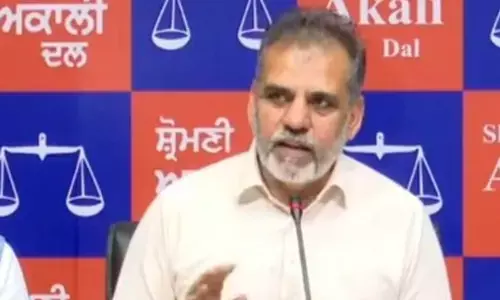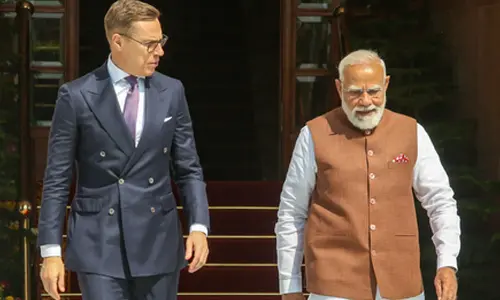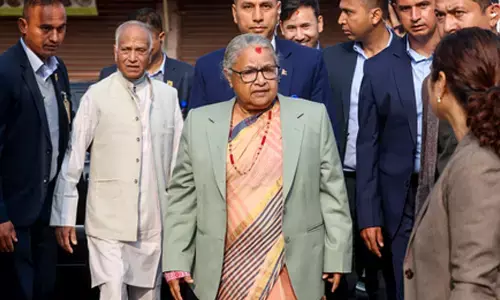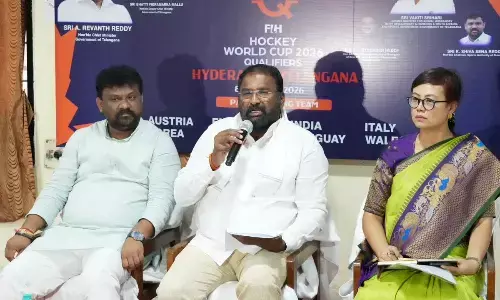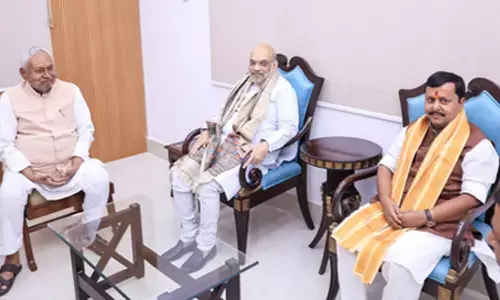e-Gaming Industry Voices Concern over Blanket Bans, Urges Regulation on a Central Level

PureWin Online Casino India
The online gaming sector is experiencing a global boom, and the desi market is no exception. Industry executives have often called for sensible regulation and illustrate just why total bans can never work.
The online gaming sector is experiencing a global boom, and the desi market is no exception. Industry executives have often called for sensible regulation and illustrate just why total bans can never work. If India is to capitalize on its digital growth – and really means to protect consumers – a national licensing system is indispensable.
State-Level Bans Don't Solve Anything, Federation Chief Affirms
Sameer Barde, the CEO of India's e-Gaming Federation, has spoken to national media outlets in yet another attempt to draw attention to the challenges faced by desi gaming startups. Barde is only one of the industry's leading exponents pointing the finger at blanket bans attempted by states like Tamil Nadu against online gaming businesses.
Studies have shown that such measures are an overkill and simply channel players to illegal gaming platforms or the vast amount of offshore operators. Developing substantial policies for the real-money gaming sector may be a demanding task but any other rash decisions do more damage to consumers and the business climate than solve anything, Barde explains.
While strict prohibition will not touch most foreign gaming companies and leaves any Pure Win online casino open to desi players, the ban will have a detrimental impact on the hundreds of development studios and supporting tech startups in the state who have to follow local laws. This is why Tamil Nadu – and any other state willing to protect domestic players – needs to work out a responsible gaming policy. This can help legitimate desi companies grow instead of depriving them of their consumers at a time when online gaming adds important value to the national economy.
Another example would be how easy it is to play online lottery in India even though paper ticket sales might be banned in some states. Clearly, ignoring the laws of the global online marketplace does not help "weed out" irresponsible gaming companies. It only puts desi businesses at a disadvantage.
In 2021 Tamil Nadu was only one of the States that passed amendments on its gaming and police laws trying to prohibit all online games for money. Similar legislation attempts in Kerala, Karnataka and Assam were struck down as unconstitutional by regional High Courts. Some state authorities have moved the Supreme Court against the latter HC decisions but the outcome seems more than predictable given the consistency in previous judicial rulings.
National Licensing Is the Solution
The online gaming industry has always promoted a hands-on approach that would see authorities collaborate with desi companies, Barde reminds. Local governments should form joint committees to obtain in-depth understanding of the sector and work towards a licensing regime for domestic operators.
More importantly, this should be done at a national level as fragmented legislation could leave some states behind and cause further legal gaps that could be exploited by offshore competition. The moralistic vision of online gaming for money is holding back the honest debate, experts point out. Yet, best practices from Europe, the US and the UK show that responsible gaming and market growth are both possible if the national regulation is well designed.
Just recently Ashok Gehlot, the CM of Rajasthan, has voiced the possibility that the State regulates online gaming once and for all. Other territories (like Sikkim, Goa and Daman) already have laws or procedures for real-money gaming. But that a coordinated national approach is the best solution for businesses and consumers seems beyond doubt.



